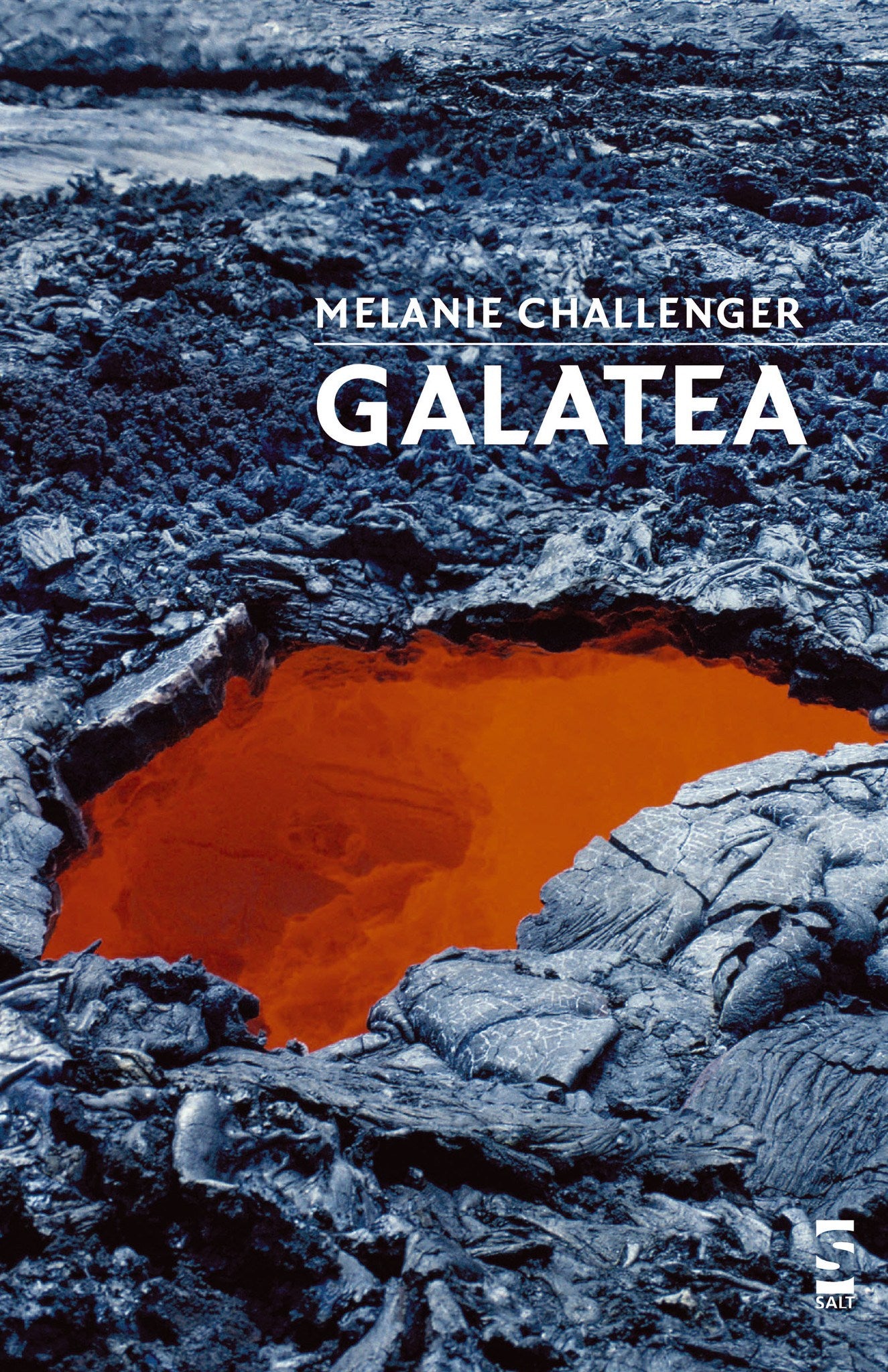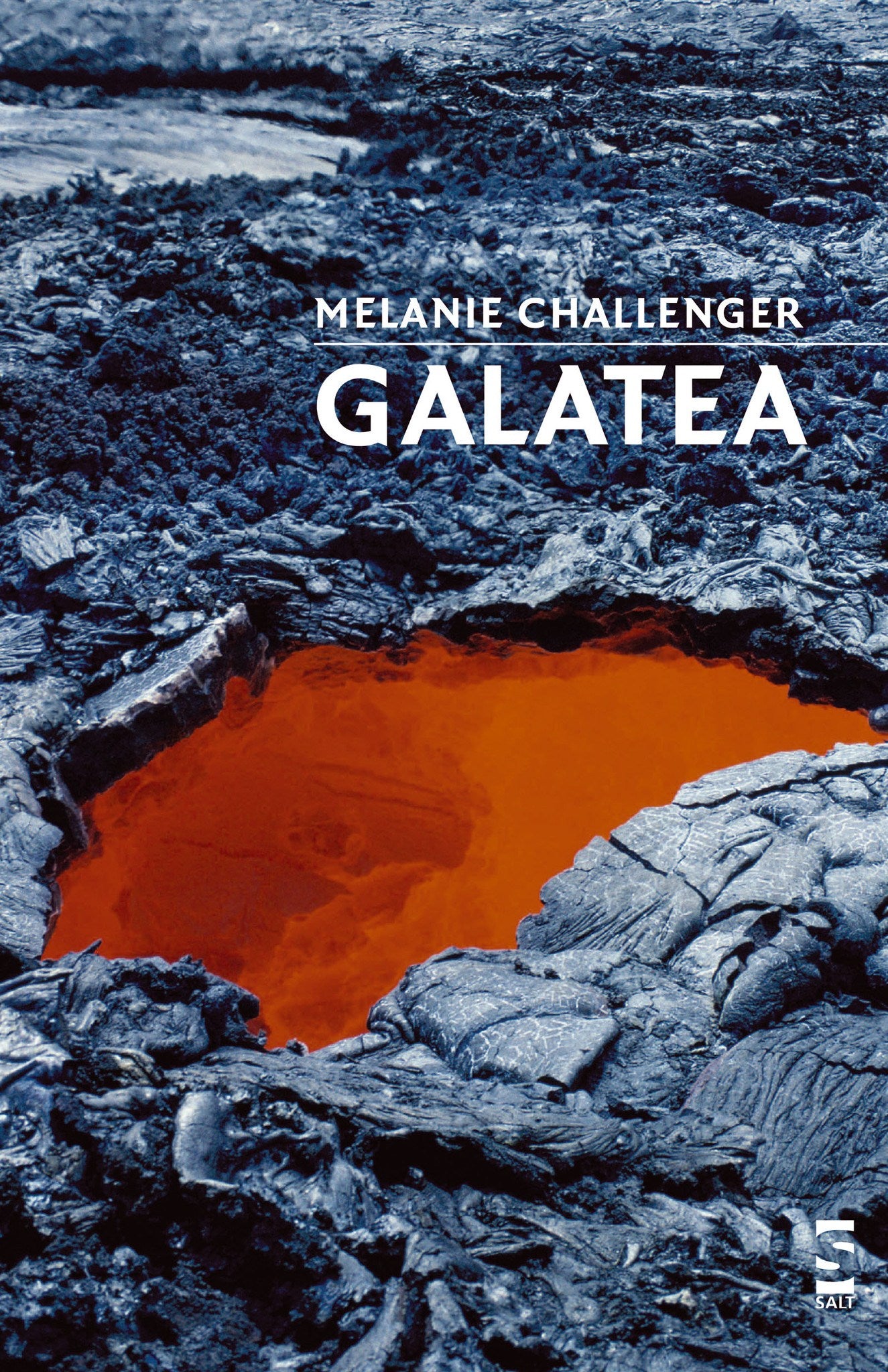Melanie Challenger
Galatea
Galatea
ISBN:9781844712908
Couldn't load pickup availability
Synopsis
Short-Listed For The Felix Dennis Best First Collection Prize (Forward Prizes For Poetry 2007) In Galatea, her first collection, Challenger casts a poet’s sensitive eye across the hours of a tumultuous century to create startling poems whose voice – resolute, compassionate, original – both celebrates and mourns the tensions of human nature. The name Galatea itself refers to the female figure in Greek myth sculpted from stone by the hands of Pygmalion. Becoming enamoured of the statue, Pygmalion asks of the gods that they might turn her to flesh. Drawing her themes from this central story, Challenger portrays her subjects in trembling poise between action and inaction, consummation and defeat. A series of little epiphanies, the poems are witness to the uncovering of a mediaeval woman’s body in earth churned by the boots of soldiers at war, a sea of five hundred naked bodies marching across the urban horizon of a city, the transplanting of a titanium heart in the folds of an unknown individual’s chest. Whatever her centre of attention, Challenger transforms the singularity of her subject into a universal experience with a deliberately harsh lyricism much her own. The result is a series of lyrics – unsettling and otherwordly – whose searches for grace reveal a dark humour and intense compassion for all the reaches of human nature.
Praise for this Book
‘I have not seen poetry of the eminence of Galatea brought forth by anyone so young as Melanie Challenger. The stone heart of Pygmalion’s sculpted Galatea was awakened to life by Aphrodite. Challenger is vitalized both by Apollo and by Aphrodite. ‘Vitalized’ is my understatement: no poetry in English since D.H.Lawrence’s matches Challenger’s controlled exuberance of form, diction, metric, and vision fused by Eros into authentic splendor. She is the Pindar of Eros: sublime, precise, darkly foreboding, perpetually risking loss. Galatea, more long poem than sequence, persuades through its high art which sustains the reader, even as she suffers the pain of all “our arrested affections.”’ —Harold Bloom
‘There is a tension in Challenger’s poetry, a sense of power generated by opposing forces. On the one hand her poems are incoherent, inchoate, explicable only through hedgings of marginalia and addenda, lavish and lustrous as illuminated manuscripts: on the other hand they are linguistically precise, grammatically scrupulous, Latinate, formally accomplished. Between these two poles jump flashes of real and surprising brilliance.’ —Tobias Hill
‘Melanie Challenger’s poems are engaged with the human condition, the slog of our bodies, the world we live in now – while all the time listening to other, more ancient voices. Her language is rich, dense, mosaiced – a post-feminist H.D. A very exciting debut.’ —Tamar Yoseloff
Product Details
Extent: 76pp
Format: Paperback
Publication Date: 01-Oct-06
Publication Status: Active
Series: Salt Modern Poets
Subject: Poetry by individual poets
Trim Size: 216 x 140mm


